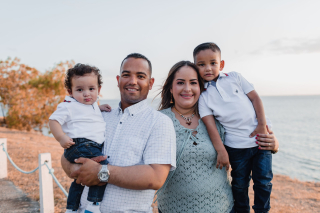 When you die, the assets you’ve accumulated during your lifetime have to be distributed. If you don’t make a plan, your family may be left to clean up a legal mess, quarrel amongst themselves, or watch as a long-lost family member is given everything by a court decision.
When you die, the assets you’ve accumulated during your lifetime have to be distributed. If you don’t make a plan, your family may be left to clean up a legal mess, quarrel amongst themselves, or watch as a long-lost family member is given everything by a court decision.
An estate planning attorney helps clients, by making sure that the distribution of property after the person dies is done the way they wanted it done. While a plan may be simple or complicated, says the New Hampshire Union Leader in a recent article, “Estate planning is important and may require help from a professional,” working with an experienced estate planning attorney will save your family time, unnecessary costs and stress.
You definitely need to work with an attorney if your life falls into any of these categories:
 Houston Estate Planning and Elder Law Attorney Blog
Houston Estate Planning and Elder Law Attorney Blog










